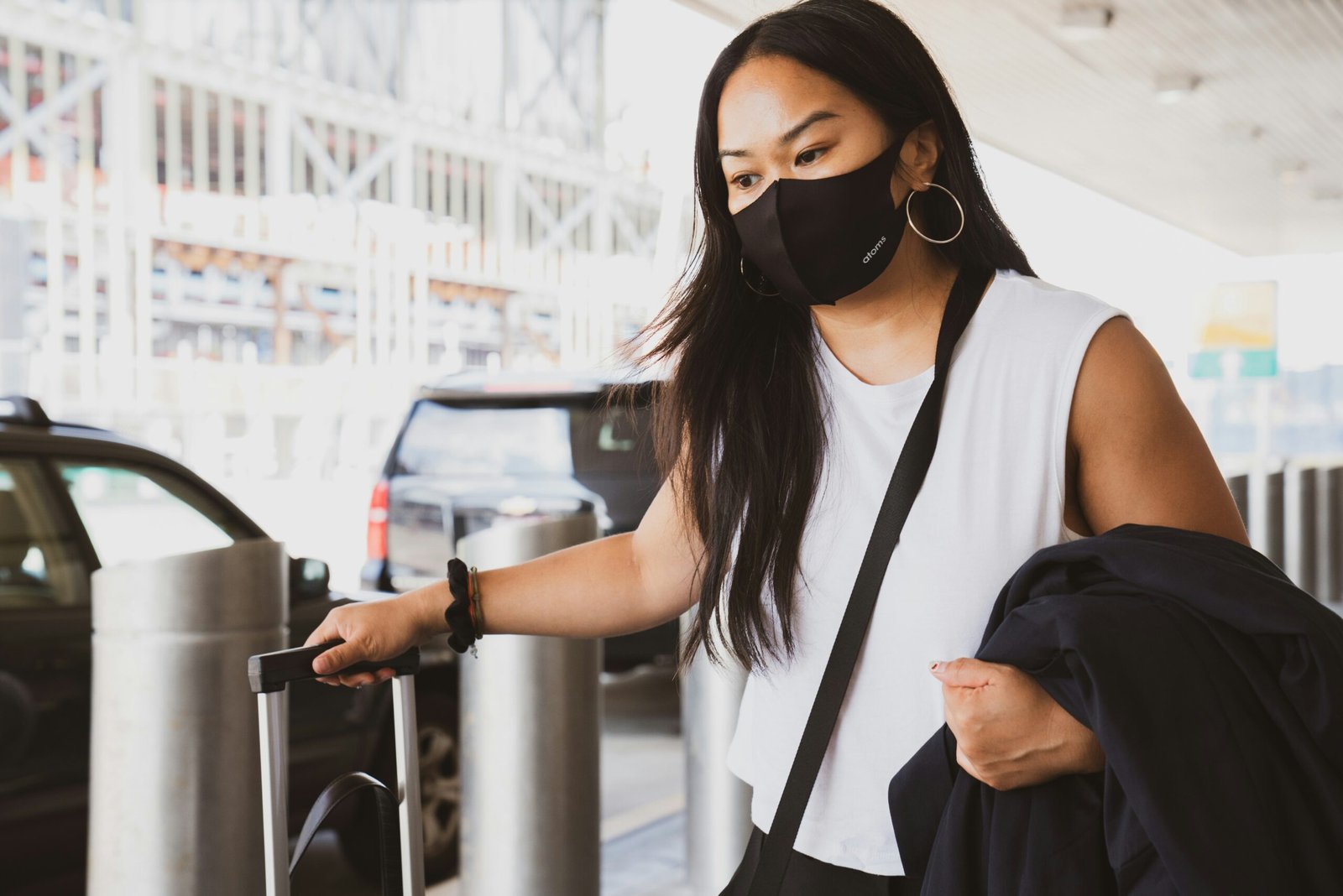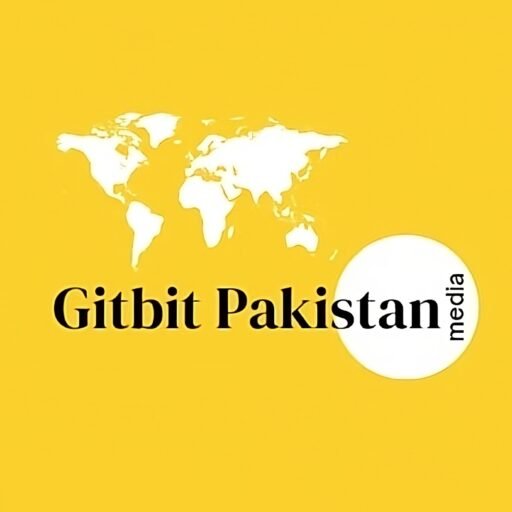Is it safe to travel to pakistan in 2024


Current Safety Landscape
As of 2024, the safety landscape in Pakistan exhibits both positive strides and areas necessitating caution. In recent years, political stability has notably improved, with the government implementing measures to enhance security across the nation. This has been reflected in the U.S. Department of State and the UK Foreign Office advisories, which acknowledge progress, though they also underscore ongoing challenges.
Crime rates in major urban centers like Karachi, Lahore, and Islamabad have seen a decline, attributed to strengthened law enforcement and community engagement initiatives. However, travelers are advised to remain vigilant, particularly in crowded markets and transport hubs. Reports from international organizations highlight that petty crimes such as pickpocketing and street theft can still occur.
When considering rural areas, the safety conditions vary significantly by region. The northern areas, such as Gilgit-Baltistan and Khyber Pakhtunkhwa, are famed for their natural beauty and have become increasingly accessible to tourists. These regions are generally safer but require travelers to stay informed about local conditions and avoid isolated paths.
Conversely, parts of Balochistan and the Federally Administered Tribal Areas (FATA) remain sensitive due to sporadic insurgent activities and banditry. Government advisories consistently recommend against non-essential travel to these areas. Collaboration between Pakistani security forces and local communities aims to stabilize these regions, but progress is incremental.
Recent events, such as local festivals and international diplomatic visits, point to an effort to showcase a hospitable and secure Pakistan. Nonetheless, large gatherings are flagged for potential hazards, and travelers should heed local advice. As always, registering with their respective embassies and staying updated via official channels is prudent for visitors.
Overall, while Pakistan in 2024 offers a promising landscape for travelers, informed precautions remain essential. Balancing exploration with awareness ensures a safer and enriching experience.
Health and Medical Considerations
When planning a trip to Pakistan in 2024, it is crucial to consider health and medical factors to ensure a safe and healthy journey. Healthcare facilities in Pakistan vary significantly between urban and rural areas. Major cities like Islamabad, Karachi, and Lahore boast a number of well-equipped hospitals and clinics with qualified medical professionals. However, access to medical services in remote areas remains limited, and facilities may not always be readily available or up to international standards.
Common health risks for travelers in Pakistan include respiratory infections, gastrointestinal issues, and vector-borne diseases such as malaria and dengue fever. It is advisable to consult a health professional before traveling to discuss necessary vaccinations. Vaccines commonly recommended for travel to Pakistan include Hepatitis A and B, Typhoid, Polio, Tetanus, and Rabies. Depending on the duration and nature of your trip, a Yellow Fever vaccination might also be required.
Food and water safety is another critical consideration. Tap water in Pakistan is generally not safe for drinking, so it is essential to rely on bottled or filtered water. Ensure that food is thoroughly cooked and avoid raw or undercooked dishes, especially street food, unless you are certain of its hygiene standards. Washing fruits and vegetables with clean water before consumption is also recommended.
Purchasing comprehensive travel insurance that includes health emergencies is strongly recommended. This insurance should cover medical treatment, hospital stays, and medical evacuations if necessary. Having a basic first aid kit with essential medications and supplies like pain relievers, antiseptics, and bandages can also be beneficial.
In summary, by taking proactive health measures, staying informed about the local healthcare infrastructure, and maintaining high standards of food and water safety, travelers can enjoy their visit to Pakistan while minimizing health risks. Comprehensive travel insurance offers an added layer of security, ensuring peace of mind throughout the journey.
Cultural and Social Norms
When planning a trip to Pakistan in 2024, understanding and respecting the cultural and social norms is paramount for a safe and enriching experience. Pakistan is a country deeply rooted in its traditions and customs, and being aware of these can aid travelers in navigating social interactions and enhancing their visit.
First and foremost, dress codes play a significant role in Pakistani society. Modesty in attire is highly valued, especially in rural areas and religious sites. Both men and women should opt for clothing that covers their arms and legs. Women, in particular, may consider wearing a headscarf in certain situations to show respect. This adherence to local dress norms is not only a matter of courtesy but also can prevent unwanted attention.
Greetings in Pakistan are conducted with great warmth and respect. It is customary to greet elders with a respectful “As-Salaam-Alaikum,” which translates to “Peace be upon you.” Furthermore, when entering someone’s home, it is polite to remove your shoes and express gratitude for their hospitality. Pakistani culture places a high value on hospitality, and visitors are often treated with exceptional generosity.
Etiquette differences can be subtle yet crucial. For instance, public displays of affection are generally frowned upon, as are outspoken behaviors that may be deemed inappropriate. In mixed-gender situations, it is advisable to adhere to conservative norms and avoid direct physical contact, such as handshakes, unless the other party initiates it.
Travelers should also be aware of the importance of avoiding negative comments about religion or politics. These topics can be sensitive and should be approached with utmost care and respect. Understanding the role of religion in daily life is critical, as it influences numerous aspects of Pakistani culture and society.
Hospitality, known locally as “mehmaan-nawazi,” is a cornerstone of Pakistani culture. Travelers will often find themselves invited into homes, offered food, and treated with great kindness. This cultural trait enriches the travel experience, providing a robust platform for genuine interactions and cultural exchange.
Practical Travel Tips
Traveling to Pakistan in 2024 can be a rewarding experience with its rich cultural heritage and breathtaking landscapes. However, it’s essential to take practical measures to ensure your safety throughout your journey. Opt for reputable transportation options such as licensed taxis or ride-hailing services like Uber and Careem, which are widely available in major cities. Public transportation can be unpredictable, so researching the most reliable methods for each region is advisable.
When it comes to accommodations, choosing well-reviewed hotels or guesthouses in safe neighborhoods is crucial. Booking platforms like Airbnb or Booking.com can provide insights from previous visitors. For added security, consider accommodations that offer 24-hour security or are situated in well-known, traveler-friendly areas.
Navigating different regions of Pakistan requires awareness of local customs and sensitivities. While major cities like Karachi, Lahore, and Islamabad are generally safe for tourists, some border areas might have travel advisories. It’s always best to stay updated through official travel advisories from your country’s government and surveillance services like the Safe Travel app or the U.S. State Department’s STEP program.
Staying connected is paramount for both convenience and safety. Procuring a local SIM card from reputable providers such as Jazz or Telenor upon arrival will ensure you have consistent mobile service. WhatsApp, Google Maps, and other essential apps can facilitate navigation, communication, and information access during your trip.
For handling money, use reliable ATMs located within bank branches or upscale hotels. Avoid large sums of cash and use credit/debit cards when possible for safer transactions. Being vigilant against common scams, such as overcharging by vendors or fake tourist guides, is also essential. Keep your personal belongings, documents, and valuables secure, preferably in hotel safes when not in use.
Real-time safety updates can be crucial in ensuring a smooth travel experience. Follow local news outlets and utilize apps that provide real-time security information. Additionally, it’s wise to have a list of emergency contacts, including local authorities, the nearest embassy or consulate, and healthcare facilities, readily available. By taking these practical steps, you can enjoy the beauty and hospitality of Pakistan while prioritizing your safety.



